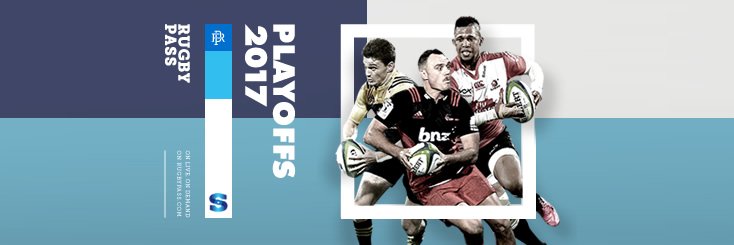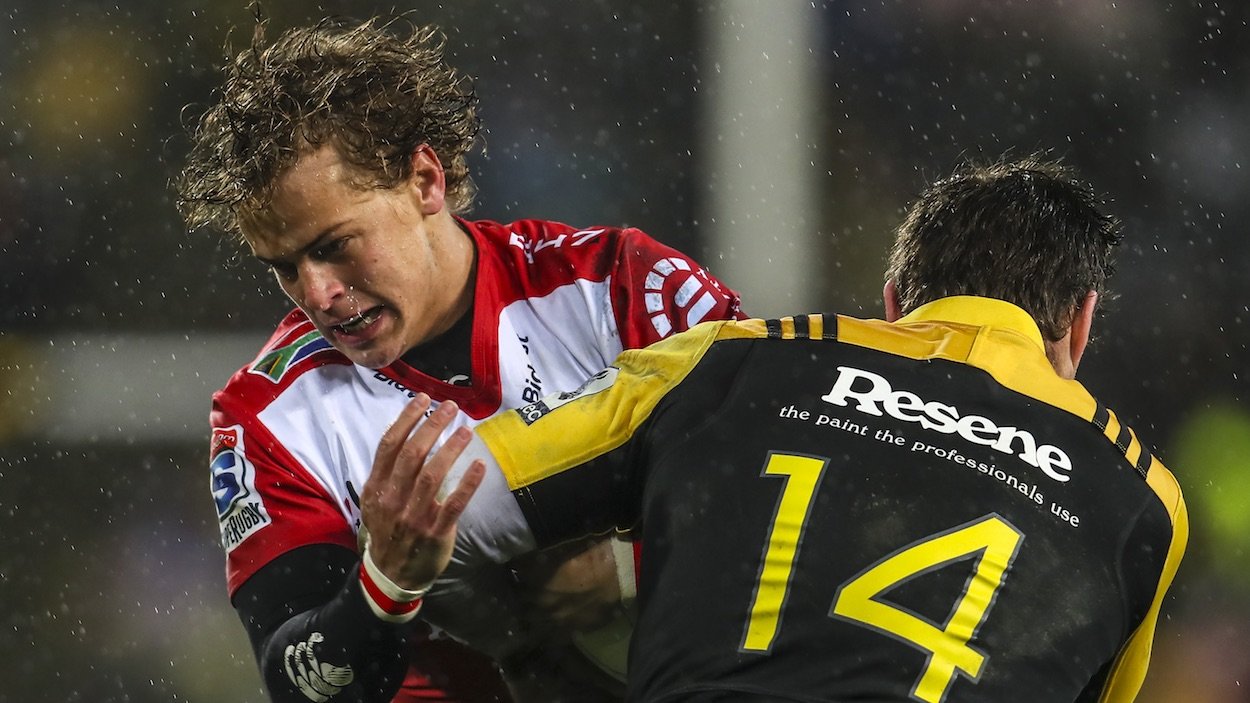Lions coach Johan Ackermann’s gamble of leaving his first team at home for the final round trip to Buenos Aires blew up in his face on Saturday night. It also highlighted a major problem with the expanded Super Rugby format, writes Scotty Stevenson.
The tyranny of distance. That’s the problem for Super Rugby after watching the Hurricanes claim their maiden title against the Lions on Saturday night. The result was, unfortunately, never in doubt. No side has ever won a sudden death match in New Zealand after playing in South Africa the week before, regardless of where that side is from. Distance doesn’t discriminate, as was evidenced in Wellington on the weekend.
More on that in a second, but first, this: Lions coach Johan Ackermann’s decision to send a weakened side to Argentina for the final round of the regular season must now go down as one of the greatest coaching howlers in the history of the competition. That decision, which ended in his side losing to the Jaguares and therefore leaving the door ajar for another side to claim top spot, as the Hurricanes did, can only be judged a massive, pie-in-the-face failure.
It was a decision that ranks alongside the signing of Benji Marshall by the Blues, the importation of talent by the 2013 Highlanders, and anything the Kings have ever done. As was noted in the final Power Rankings of the season there were two ways of looking at that decision. But ultimately there was only one outcome.
I mentioned at the time that I could (just) understand Ackermann’s thinking. He was still going to have to get past two good teams to even make the final, and in order to do that he felt it best to rest his top side, and to protect them from the rigours of travel. There are two issues with that kind of gamble. One, it makes a mockery of the integrity of the competition when a coach can actively and brazenly attempt to game the system. Two, it is a zero-sum bet: he either wins it all, or loses everything. The latter, in this case, was the result.
In trying to understand Ackermann’s thinking we must head back to the point about distance. When a coach has to withhold his stars from a genuine regular season match because it is too taxing for them to travel, then you have a major problem. At the beginning of the year a quick review of the various team travel schedules not only revealed the extent of every team’s miles (they were all awe-inspiring), but the massive disparity in the respective miles each team had to endure. Some teams (like the Sunwolves) were forced to cover upwards of 30,000 more kilometres than other teams. That’s just not right.
What is also not right about the tyranny of distance is the fact that inter-nation finals (and 15 of the 21 Super Rugby finals played have been between teams from different nations) are about as atmospheric as the moon. No offence to Hurricanes fans who braved a balmy old night in the capital to cheer their team home, but the crowd was all Hurricanes fans. That is not atmosphere, that’s just a crowd.
Speaking to Welsh and (probably) British and Irish Lions coach Warren Gatland during the All Blacks series this year, he made the point that the true joy of the Six Nations Championship comes from the fact that the distances between nations allow for up to half the crowd at every fixture to be away fans. That’s where the magic happens. That’s why the Lions tours, with their thousands of travelling supporters, still rank as the greatest tours in all of rugby. The people make the occasion.
That’s why (and sorry again Hurricanes fans) the most memorable match of the finals series was not this weekend’s climax, but the semifinal the week before when at least there was a hope of some travelling support for the away side.
I don’t know how Super Rugby solves the issue. Unlike Europe where a finals venue can be chosen ahead of the season and a week is long enough to rustle up the fans, Super Rugby is likely to always have a one-sided final – if not in terms of the scoreline, then certainly in terms of the support.
And when you make a team travel across two oceans to play a final in foreign conditions, you are likely only to ever get one result. We have seen that so often now that I am still left to wonder if Johan Ackermann got the memo.


































































